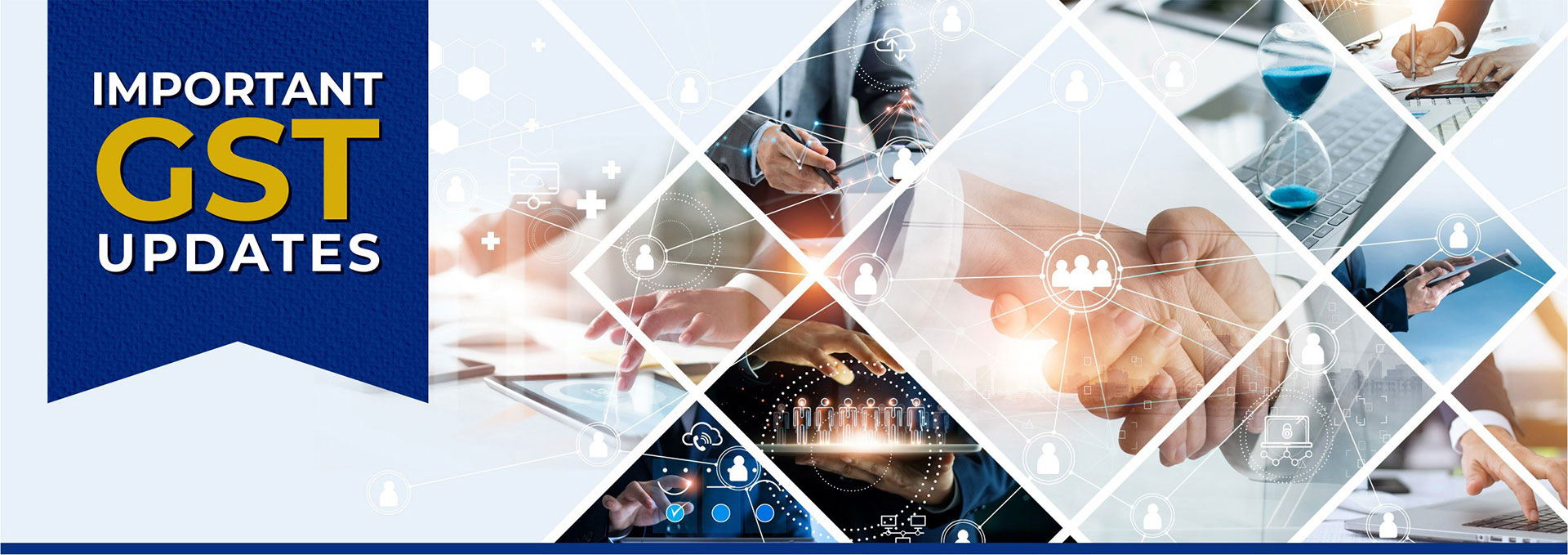Case of M/s. M.B.M. Steels by Madras High Court

Case Of: M/s. M.B.M. Steels
Issued By: Madras High Court
Order No: .14027 of 2023
Date: June 15 2023
Download Order
Ruling
Observations & Findings
The petitioner, M/s M.B.M Steels is a hardware dealer who was notified by the state department that during the examination of their GSTR-3B returns in comparison with GSTR-2A returns, it was found that the petitioner had received an inward supply from a non-existent taxpayer named “Sun Steels.” For this supply, the petitioner had claimed an input tax credit of Rs. 71,604.
The respondent stated that the petitioner’s representation was submitted through the portal, but the petitioner did not respond to it. Consequently, the submission was approved, and the amount of Rs. 71,604 along with an equal amount as a penalty was deemed recoverable under Section 74 of the Tamil Nadu Goods and Services Tax Act, 2017.
However, the petitioner claims that they did not receive any further notice for a personal hearing after the show cause notice was issued on March 28, 2022, and April 21, 2022, requesting them to pay the amount and penalty. The petitioner argues that they were not given an opportunity to present their side of the case either through the portal or by post. The petitioner contends that this lack of opportunity to defend themselves violates the principles of natural justice and makes the respondent’s decision appear arbitrary.
Furthermore, the petitioner asserts that “Sun Steels” is an existing company with a valid GST registration, and the submitted documents demonstrate that “Sun Steels” filed a GST return and paid taxes related to the supplies made to the petitioner. The counsel representing the petitioner points out that the show cause notice was issued on the grounds that the supplier was non-existent, but since “Sun Steels” is registered under GST and has paid taxes for the supply, this argument does not hold.
The petitioner’s counsel argues that if they had been granted a personal hearing, they could have presented their point of view to the respondent. The respondent does not dispute this fact. Since the petitioner was not given an opportunity to present their documents and evidence to counter or prove their case against the respondent, especially when they possess documents that could disprove the claim, the order issued against them should be set aside.
After reviewing the matter, the Madras High Court grants the Writ Petition and remits the impugned order back to the respondent for a fresh review. The petitioner is required to prepare copies of the papers mentioned in the impugned order, including the invoice copy, GST e-Way bill copy, and payment details. These documents must be provided within one week after receiving a copy of the court’s decision. The respondent is instructed to review the documents and issue new orders within six weeks of receiving them.
